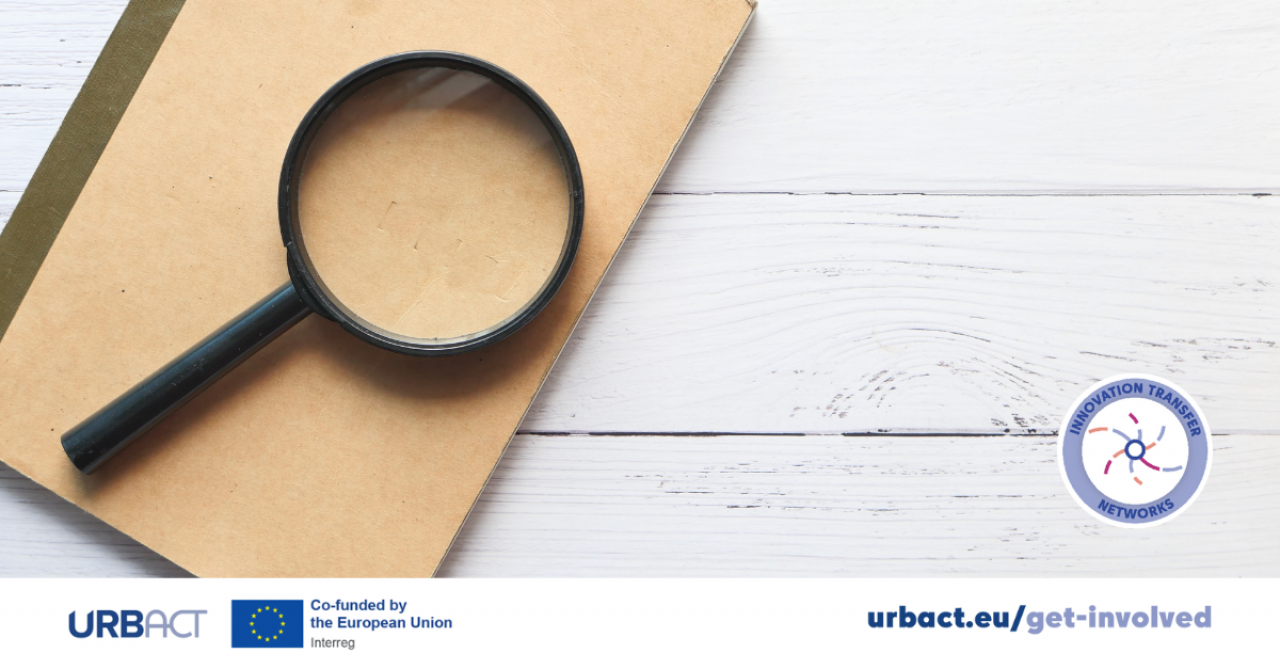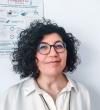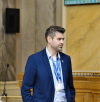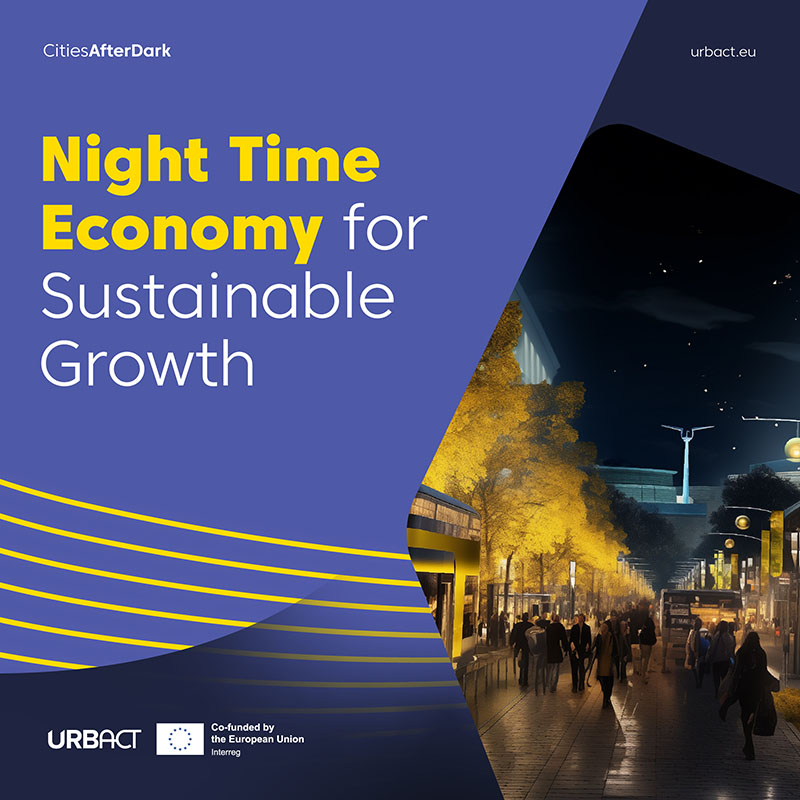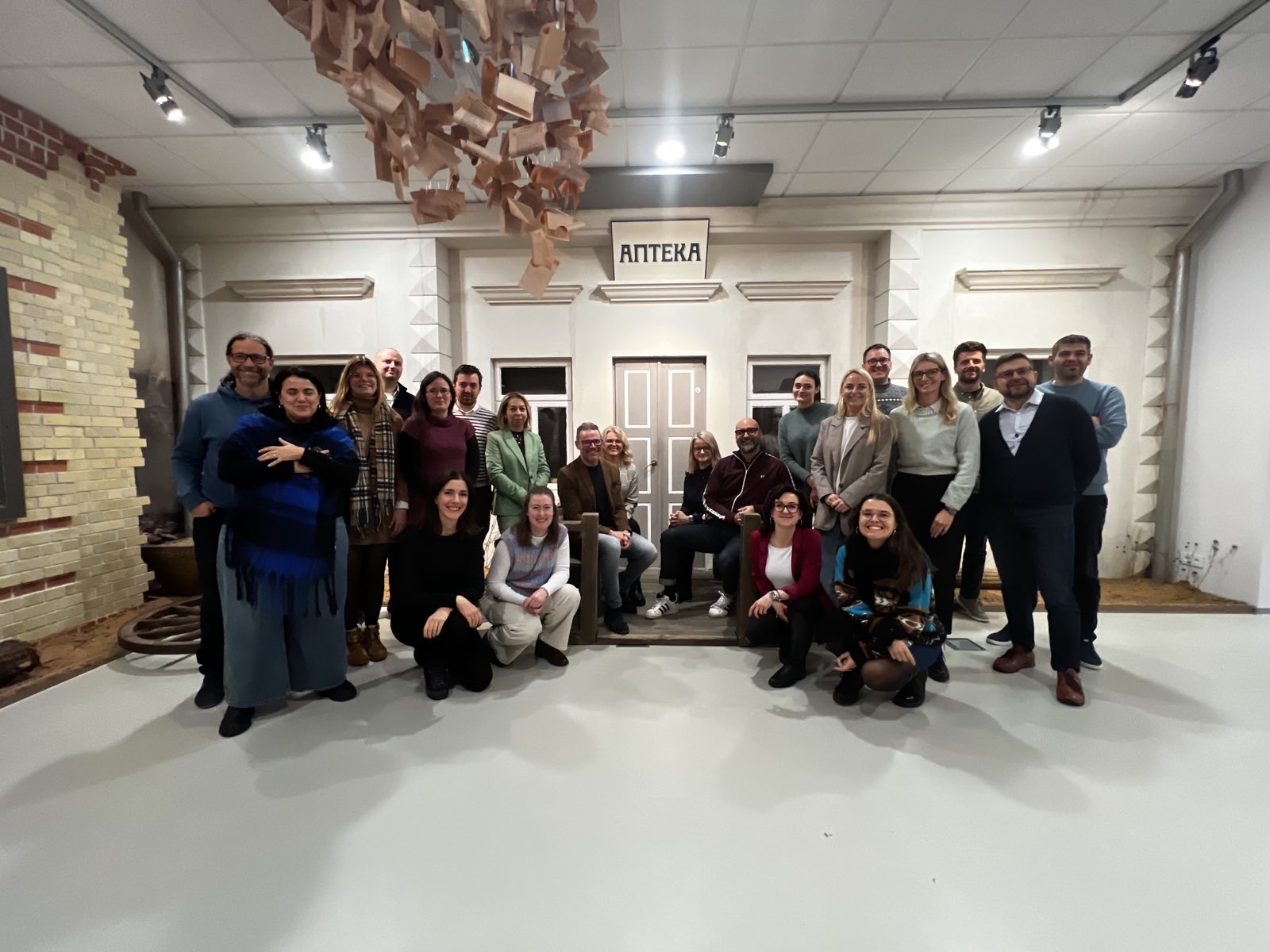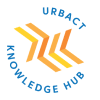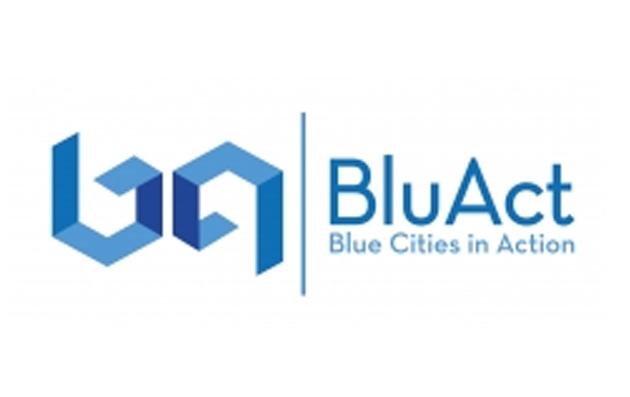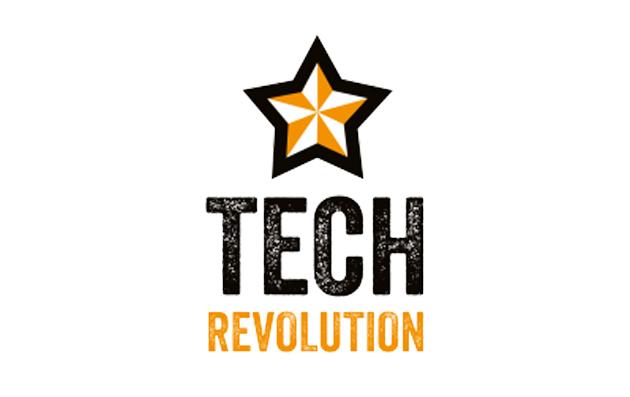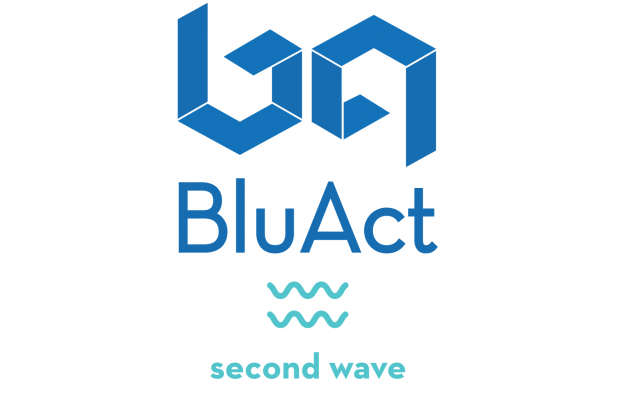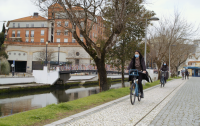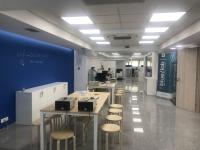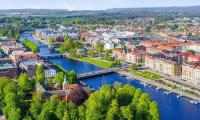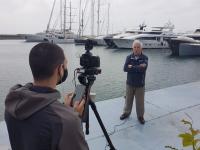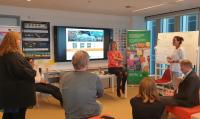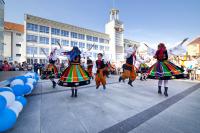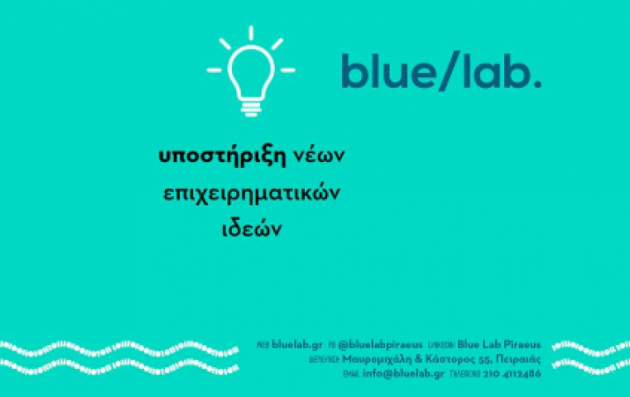URBACT’s call for Innovation Transfer Networks is open, and with it, the Partner Search Tool is updated and ready to help cities develop European partnerships.
Running until 20 March 2024, this call for networks is slightly different from other URBACT calls: the pool of available project ideas is based on Urban Innovative Actions projects carried out between 2016 and 2023 and only those cities can lead the transfer network. This is a unique opportunity to adapt a newly tested innovation to your city.
There are currently over 20 topics to choose from, covering urban poverty, migration, housing, security, renewable energy, land and air quality, culture and heritage, demographic change and digital transition.
We’ve taken a closer look at the pool of ideas, to help you identify the ones that could interest your city the most.
Energy
Energy poverty is a priority topic in many European cities, particularly as energy prices spiked following Russia’s ongoing war of aggression in Ukraine. Getafe (ES) has developed a new, data-driven model to identify and prevent energy poverty, collaborating across departments to identify hidden poverty. Targeted actions can then be carried out at the level of the individual, building or neighbourhood. Getafe showed that the approach was effective in reducing energy vulnerability. Does this sound like a tool your city could use?
Building on the participatory approach to energy transition, Leidel (BE) has put a local energy community in place, to provide affordable, renewable, locally-produced and autonomously managed electricity for citizens. RE/SOURCED builds on the momentum for clean energy across Europe, in line with the Clean Energy for all Europeans package. Its results are highly relevant for other cities putting circularity and citizens and the centre of the energy transition.
Air/soil quality
Cities looking to make advances in the quality of the air or the soil should look at three innovative actions in particular. Baia Mare (RO) proposes a revolutionary approach for reclaiming heavy metal-polluted land using plants and returning the land to the community. An adaptable dynamic platform and toolkit can help you determine the best use for the land. Two Italian cities have developed citizen-centric and data-led models to improve air quality. Ferrara (IT) has set up low-cost sensors and mobile air quality stations to map high emission zones and transform them into urban green forests. Portici (IT) also developed a widespread monitoring system based on citizen science, combined with educational activities and events to promote behavioural change.
Digital tools
Digital tools have been put to use in cities to support policy and decision-making in different domains. Vienna (AT) has developed ICT solutions to set new standards in building applications and planning permissions. The tool can be adapted to other permit processes in cities – making bureaucracy more efficient, more transparent and more cost effective. Heerlen (NL) has created an innovative digital platform to enhance public space, foster community engagement and revitalise local areas. It crowdsources public maintenance tasks, which citizens can carry out in return for credit that can be used in local shops and bars. A digital approach was also taken by Ravenna (IT) for an urban regeneration process in one neighbourhood, Darsena. Combining collaborative data collection, the digital infrastructure supports decision-making, storytelling and promotion. It has shown increased engagement in Darsena’s evolution from an abandoned dockland to an attractive urban ecosystem. The network could focus on adapting both the technological and methodological processes to other cities.
Rennes (FR) has taken on the issue of e-government solutions directly, designing a portal for the use and re-use of data while guaranteeing privacy and public service interests. The Reusable Urban Data Interface is 100% open source and ready to scale up to cities seeking to harness local data.
Jobs & skills
The emphasis on green and digital transitions means that the skill profiles of the workforce in a city must adapt and evolve to these transitions. Eindhoven (NL) faces a paradox that, despite high economic growth, there is a significant shortage of qualified personnel, particularly in low-carbon technology development. The Platform4Work redesigns the employment journey, developing a ‘skills passport’, restructuring educational programmes and bringing employers and jobseekers closer together. Aveiro (PT) positions itself as a territory of digital innovation, but has faced severe shortages of digital skills. The city set up the first Tech City Living Lab to attract and retain talent through STEAM education, training, technology and addressing local challenges. Cuenca (ES) uses its specific location within a forest region to build an innovative bio-economy sector, combining training, research, and the incubation and acceleration of forest-related businesses. The award-winning model can be transferred to other EU cities with a forest or other niche bio-economy sector.
Culture/heritage
Cities must use all of the resources available to them to improve citizens’ quality of life, whether digital, physical or cultural. In Újbuda (HU), culture and digital platforms were combined to create a bottom-up creative cultural resource management tool to strengthen social cohesion. Alongside the digital sphere, a physical cultural institution was created, integrating local cultural and technological initiatives, bringing together the local community, public and private sectors. Cities can explore low-budget interventions as well as major investments. Chalandri (EL) focused on an ancient monument – in their case, the Hadrian Aqueduct – as a vehicle for urban regeneration and revitalising community life. Using a cross-sectoral approach, it co-creates local projects and cultural events with communities, valorising local history and improving care of water and natural resources. It can be adapted to other cities with different types of local heritage, to build trust and nurture communities. In Tilburg (NL), the city uses culture as an agent for social transformation. Developing a cultural ecosystem in an ethnically mixed and disadvantaged area helps bridge the gap between those in the margins, and the public services they interact with. More than 3 000 young people were reached through 150 projects, with positive effects on health, behaviour and public safety.
Social inclusion
Many cities are taking innovative and participatory approaches to tackling long-standing issues of social exclusion. Seraing (BE) takes on isolation and community-building through an experimental project to revitalise public spaces in the town centre. An inclusive urban planning process and training of local residents reinvented the spaces, resulting in ongoing civic projects. A more tailored approach was tested in Landshut (DE) to overcome the vicious cycle of single parents unable to work due to lack of childcare. Focusing on healthcare professions, which require long and flexible work hours, the city developed a new form of flexible childcare. Single parents receive training in childcare to look after the children of healthcare workers, in an interconnected building. This represents a novel approach to tackling the shortage of skilled workers in some professions that disproportionately affect women.
Verona (IT) is tackling loneliness, brought about by changing demographics and an erosion of family networks. By developing a ‘loneliness index’ and activating community resources in a combined approach, they aim to identify and reduce symptoms of loneliness for increased wellbeing.
Brussels (BE) is taking on the affordable housing headache that many citizens face through a co-housing project, developed within the framework of a Community Land Trust. By separating the ownership of the land from the ownership of the housing built on it, speculation is removed, and focus is put on ensuring accessible housing for those often neglected: low-income families, older people, homeless people, and single mothers.
Utrecht (NL) is proposing to share its innovative approach to the reception and integration of newcomers in the city, particularly asylum seekers. By revising completely how newcomers are housed, integrated and trained, they create meaningful encounters beyond the labels of ‘refugee’ or ‘local’. The flexibility and focus on the local immediate surroundings of reception centres will enable any city that joins the network to develop their own version which connects their locals and newcomers.
Urban security
Making urban spaces safer at night is an issue for many European cities. We want to look at two cities offering new approaches to community-based urban security. Piraeus (EL) has developed an holistic model, establishing local collaboration for crime prevention, an online platform to assess physical and cyber threats, and spatial interventions to secure and beautify vulnerable buildings. Turin (IT) focuses on a multi-disciplinary approach to manage public spaces and improve residents’ perception of safety at night. Actions to boost the territorial potential, involving local communities, made neighbourhoods more liveable in the evening.
Which one is for you?
These cities are looking for partners to transfer these practices and concrete innovation outputs. You can use the partner search tool to get in touch with any of the cities to find out more and develop your network together.
The Get Involved page has all you need to apply for the URBACT Innovation Transfer Networks!

